Many people question why is it that preschool education, where children go to school to learn the easiest and most fundamental concepts, require such ‘high’ fees. It’s true we do not need to be a professor to teach a child how to recite his ABCs. But what people often neglect to see is the soft elements required in the field.
With increasing studies to show how the early childhood years can deeply impact a person’s overall development, our childhood years are perhaps the most important stage in our life, and also the most vulnerable.
There have been concerns over the rising cost of childcare fees. Because of inflation and the rising cost of goods and services, most preschools; private or government-funded, have been affected by this.
How Much Are Childcare Fees?
In US, the average cost of childcare fees was USD$972 a month. In Australia, the average cost of childcare fees are about $75 a day, or around AUS$1,650 per month for 22 childcare days (2013 figures).
In comparison, Singapore’s 2014 median childcare price was $900 a month (source: ECDA). While most private centre fees are around or above the median range, there are a few centres with fees below this range.
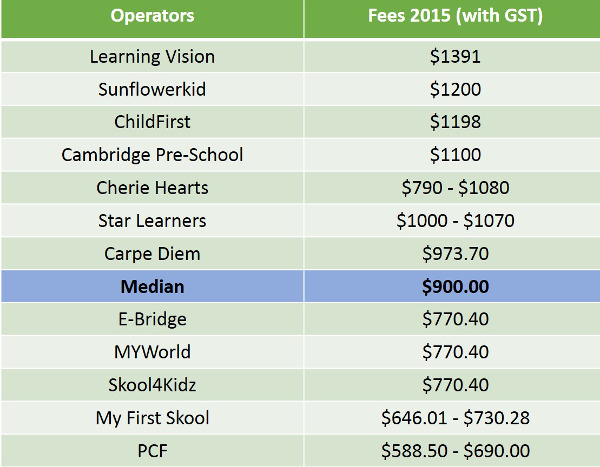
(Note: Fees are obtained from parents who send their children to these schools as many schools do not publish their fees online.)
For Elaine, a mother of two, she sends her daughter to Agape Little Uni at Clementi and the fees cost $1,050 per month. This figure includes other external enrichment programs bundled in with the school curriculum such as art, music, speech and drama etc.
After the government Childcare Subsidy of $300, the fees narrowed down to about $750. Spending about $450 on food and about $250 on miscellaneous expenses, Elaine’s total expenses for her daughter would add up to about $1,450 per month. Her top three priorities for choosing Agape and why she felt that the fees were valuable and worth paying was due to the school’s environment, location and well-planned curriculum.
For Julia whose 3-year-old child is attending My First Skool‘s Playgroup, part of her childcare fees of $708 are offset by the government Childcare Subsidy of $300, narrowing down fees to $408 per month. After spending $200 on milk powder and food and $150 for miscellaneous like diapers, baby detergent etc. That adds up to about $758 per month for her total expenses on her son.
Her top three priorities for choosing My First Skool was the affordability of fees, recommendation from other parents and conducive learning environment.
Both mothers and their husbands are holding white collared job positions earning the median monthly income, which is about $3,800 a month. However as their households earn more than $7,500 a month, they do not qualify for the Additional Subsidy which can reduce childcare expenses to only a few dollars a month for the lowest income group (earning below $2,500 a month per household).
They keep up to date with changes to the Marriage and Parenthood Package to apply for the correct tax reliefs, and plan their finances according to their means, such as spending on ‘needs’ and saving for ‘wants’.

What Subsidies And Schemes Parents Can Tap On?
Various government bodies such as the Monetary Authority of Singapore (MAS), the National Environment Agency (NEA) and the Ministry of National Development are already adopting and taking measures to help ease these price transitions. Unions and NTUC’s U Care Fund are also increasing financial assistance to help low-income families in Singapore. There are also subsidies and schemes available by MCS and other government bodies to help families.
On 19 March 2014, NTUC Income announced that it is collaborating with the Ministry of Education (MOE) to extend its Income Family Micro-Insurance Scheme (IFMIS) to benefit more low-income families with young children in Government or Government-aided primary schools.
Under the new arrangement, all children in primary schools who are recipients of MOE’s Financial Assistance Scheme will automatically be covered under IFMIS. The support from schools, which complements an existing arrangement with the Ministry of Social and Family Development (MSF), will broaden IFMIS’s reach to more than 30,000 families.
IFMIS is a free insurance policy that pays out $5,000 in the event the main caregiver of low-income families with young children passes away or becomes totally and permanently disabled. If you are under MOE’s Financial Assistance Scheme (Primary level) or MSF’s ComCare Kindergarten Subsidies scheme, you are automatically covered under IFMIS. You do not have to apply or pay any premiums.
How Many Of Such Subsidies Or Schemes Are You Aware Of?
- Marriage & Parenthood Package
- Maternity Package
- Baby Bonus
- Government Paid Childcare Leave
- Subsidies for infant, child and student care
- Subsidised healthcare for low-income households
Furthermore, for parents who need financial assistance in paying school fees can also seek help from the various schemes:
- My First Skool Bright Horizons Fund (BHF)
- PCF Headstart Fund (HSF)
- Education Trust Fund (ETF) by Mendaki
- Sinda Preschool Bursary Scheme
Updated on 18 September 2015
* * * * *
If you find this article useful, do click Like and Share at the bottom of the post, thank you.
Like what you see here? Get parenting tips and stories straight to your inbox! Join our mailing list here.






















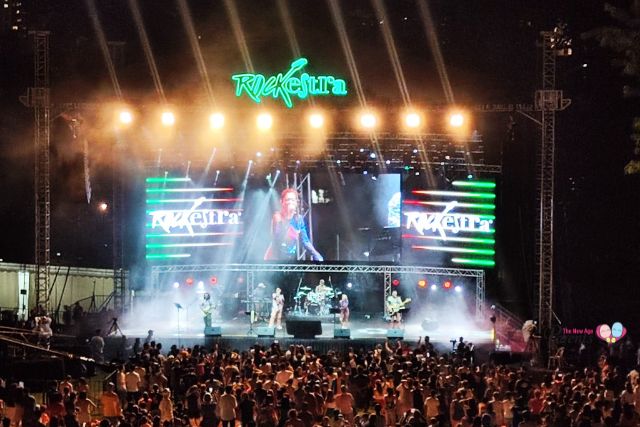


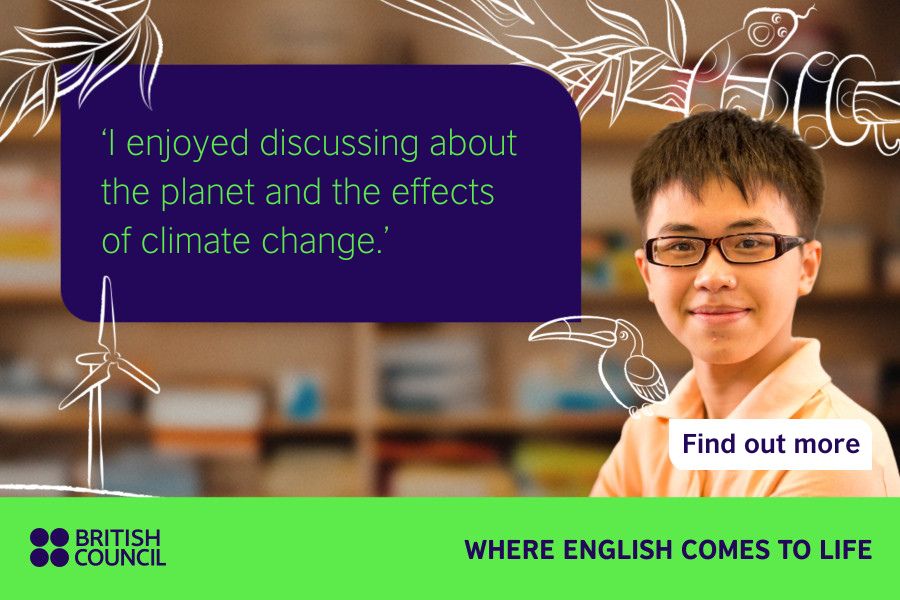












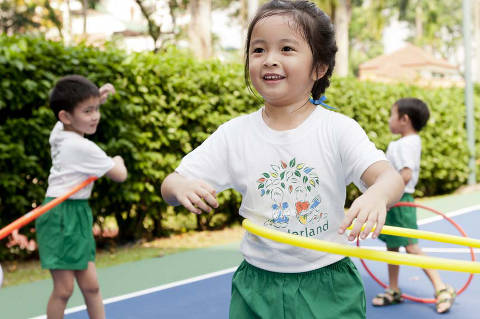

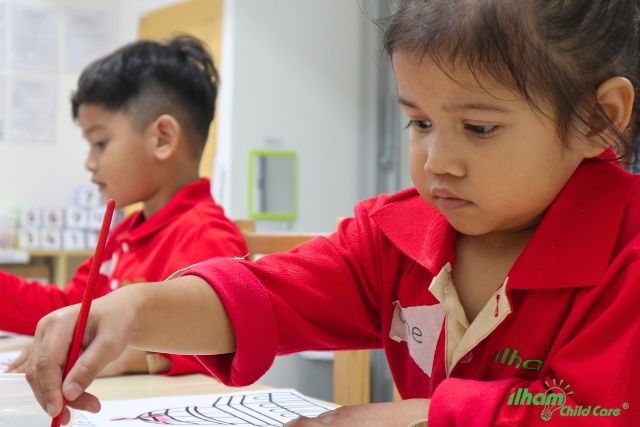




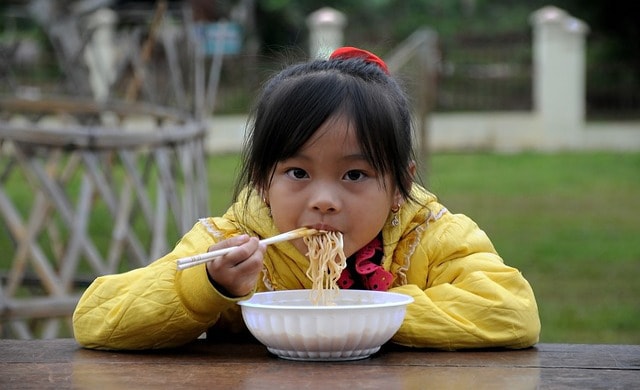
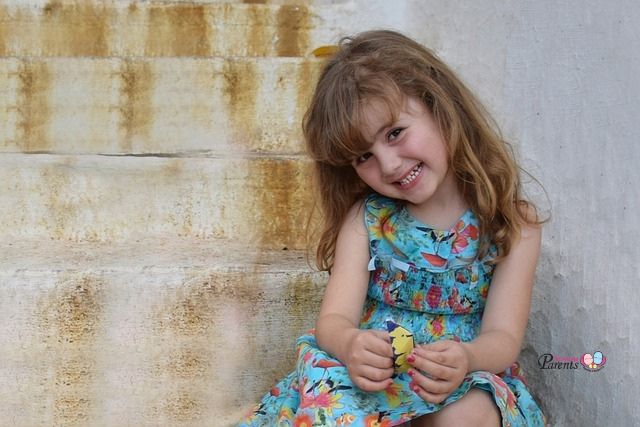












Leave a Comment: